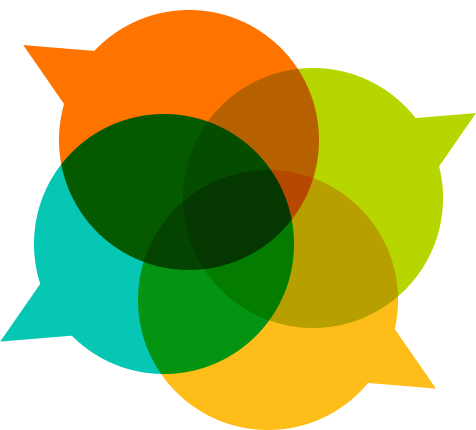This question reminds me of a book I read a long time ago when doing my PhD in Education Policy: “Policy Paradox” by Deborah Stone (http://www.amazon.com/Policy-Paradox-Political-Decision-Edition/dp/0393912728)
While it’s about the irrationality of making “policy”, if you substitute any “solution” (technology, program, organization etc.) for policy, the lessons apply to any of our attempts to create “stuff” to improve education.
The part that is most salient is her categories of what people want out of an education system. She says people have so many different goals, and that’s why education is such a messy, contested space. The goals basically boil down to: equity, efficiency, liberty, and security
For me personally, I think equity and liberty are the ones I most orient towards (and I think Dirk’s goal of “meaningful” for the individual goes under liberty). However, I put efficiency an important 3rd, if we are looking at education from a systemic perspective. The reason is that with limited resources, I hope that some parts of the education system could be made more efficient so that we could dedicate more resources to equity and liberty… however, I agree with Philipp’s earlier posts about the problems of putting efficiency first.
